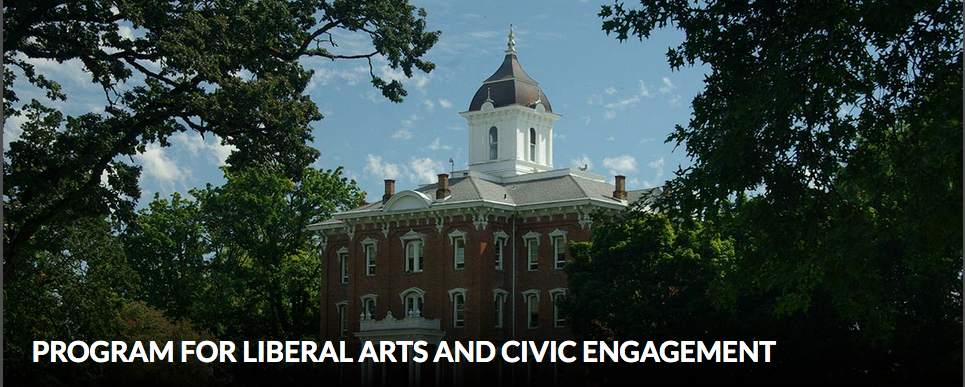
PLACE Lecture Series
Our Annual Crisis: Is U.S. Wildfire Policy Sustainable?
Document Type
Video File
Duration
1 hour 14 seconds
Publication Date
2-18-2016
Disciplines
Emergency and Disaster Management | Environmental Monitoring | Environmental Policy | Environmental Sciences | Environmental Studies | Policy Design, Analysis, and Evaluation | Policy History, Theory, and Methods | Sustainability
Abstract
Is the United States handling wildfires properly? Bill Fleeger, visiting senior scholar in environmental policy and sustainability at Linfield College, examines that question in this lecture. Fleeger focuses on the historical development and evolution of wildfire policy in the U.S. and the barriers and opportunities for managing the complex and changing wildfire environment.
The summer of 2015 was one of the worst fire seasons on record. Nationally, more than 10 million acres burned, more than 4,500 homes were destroyed, and 13 wildland firefighters were killed. Suppression costs exceeded $2.6 billion, but the 2015 fire season is not unique. According to the National Wildfire Leadership Council, the last two decades have seen a significant escalation of extreme fire behavior, structure and property losses, increased costs, risks to communities, and deteriorating conditions on the land. These trends suggest a need to rethink the response to this annual threat to communities and wildlands in the United States.
Recommended Citation
Fleeger, Bill, "Our Annual Crisis: Is U.S. Wildfire Policy Sustainable?" (2016). PLACE Lecture Series. Video File. Submission 14.
https://digitalcommons.linfield.edu/place_lectures/14


Comments
Sponsored by PLACE.